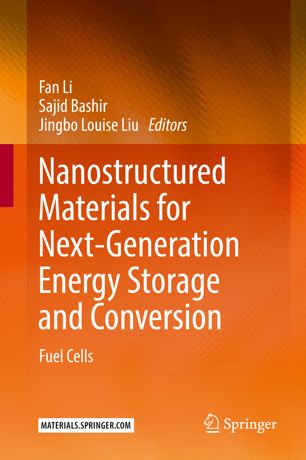

Most ebook files are in PDF format, so you can easily read them using various software such as Foxit Reader or directly on the Google Chrome browser.
Some ebook files are released by publishers in other formats such as .awz, .mobi, .epub, .fb2, etc. You may need to install specific software to read these formats on mobile/PC, such as Calibre.
Please read the tutorial at this link: https://ebookbell.com/faq
We offer FREE conversion to the popular formats you request; however, this may take some time. Therefore, right after payment, please email us, and we will try to provide the service as quickly as possible.
For some exceptional file formats or broken links (if any), please refrain from opening any disputes. Instead, email us first, and we will try to assist within a maximum of 6 hours.
EbookBell Team

4.4
12 reviewsThe energy crisis and pollution have posed significant risks to the environment, transportation, and economy over the last century. Thus, green energy becomes one of the critical global technologies and the use of nanomaterials in these technologies is an important and active research area. This book series presents the progress and opportunities in green energy sustainability. Developments in nanoscaled electrocatalysts, solid oxide and proton exchange membrane fuel cells, lithium ion batteries, and photovoltaic techniques comprise the area of energy storage and conversion. Developments in carbon dioxide (CO2) capture and hydrogen (H2) storage using tunable structured materials are discussed. Design and characterization of new nanoscaled materials with controllable particle size, structure, shape, porosity and band gap to enhance next generation energy systems are also included.
The technical topics covered in this series are metal organic frameworks, nanoparticles, nanocomposites, proton exchange membrane fuel cell catalysts, solid oxide fuel cell electrode design, trapping of carbon dioxide, and hydrogen gas storage.